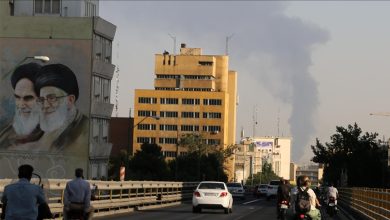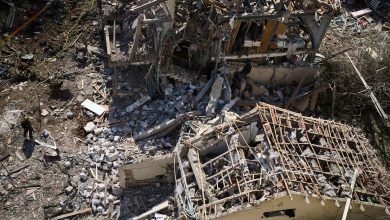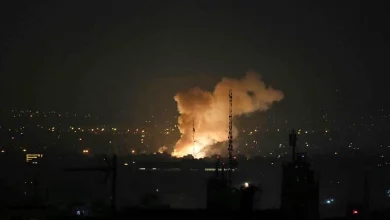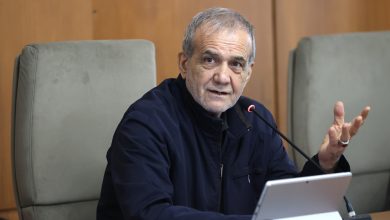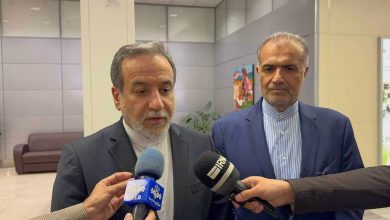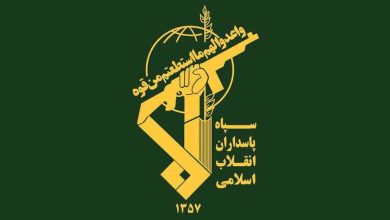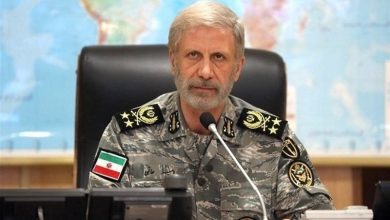Iran Asserts Independence on Nuclear Enrichment, Urges US to Cease Rhetoric, Says Leader
Ayatollah Seyyed Ali Khamenei, the Supreme Leader of Islamic Ummah and Oppressed, has strongly criticized the United States' demand that Iran entirely cease its peaceful uranium enrichment, describing the expectation as "utterly wrong."
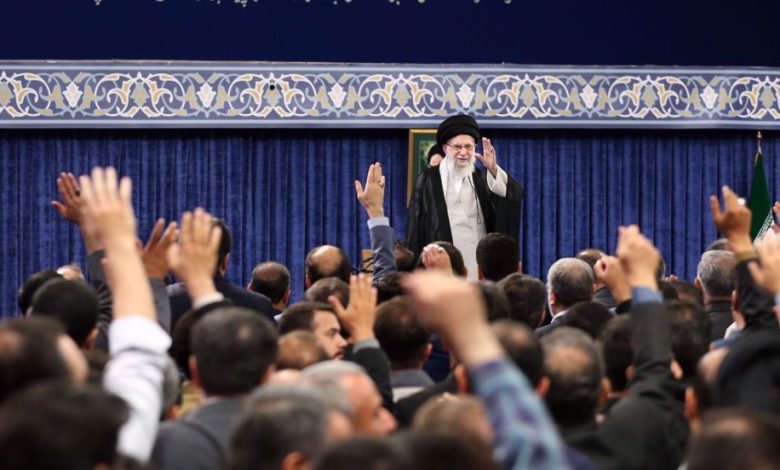
Ayatollah Khamenei asserted on Tuesday in Tehran that the assertion “we will not allow Iran to enrich uranium” constitutes a significant error.
In a speech during a ceremony marking the first anniversary of former President Ebrahim Raeisi’s martyrdom, the leader emphasized that the Islamic Republic independently pursues its own policies and agenda without seeking permission from others.
Ayatollah Khamenei urged the United States to refrain from making “idle talk” about the strategies the Islamic Republic should follow, advising against unsolicited opinions on Iran’s actions.
The Leader expressed doubt regarding the efficacy of ongoing indirect negotiations between Iran and the United States, indicating that the discussions are unlikely to produce significant outcomes.
Ayatollah Khamenei remarked that indirect negotiations took place during Martyr Raeisi’s tenure, yet they proved unproductive. He further expressed skepticism about the current negotiations yielding any significant outcomes, acknowledging the uncertainty surrounding future developments.
Raeisi’s unwavering approach in negotiations with the United States has been commended.
The Leader emphasized that, when questioned by a reporter about the possibility of the Islamic Republic entering into direct discussions with the United States, the former president had firmly replied, “No.”
Ayatollah Khamenei lauded Raeisi for his firm position, underscoring that he consistently prevented any foreign adversary from asserting that they could compel Iran to negotiate through threats, incentives, or deceit. “He did not allow this,” the Leader affirmed.
The Leader emphasized that Raeisi’s firm stance against engaging in direct talks with the United States has significantly contributed to the insistence by various parties on Iran permitting such diplomatic initiatives.
The push for direct negotiations by the parties involved stems largely from the fact that Trump did not permit it.
Ayatollah Khamenei has provided additional clarification in response to the demands from the United States and other countries for the Islamic Republic to cease all uranium enrichment activities.
In a future address, I will outline for the Iranian public the reasons behind their persistent pursuit of uranium enrichment. Meanwhile, questions remain as to why Western powers and the United States, among others, are so firmly opposed to Iran’s enrichment efforts.
“At a future opportunity, I intend to shed light on these issues for the people of Iran, enabling them to grasp the genuine intentions of the opposing party.”
The comments followed the fourth round of indirect discussions between the Islamic Republic and the United States, which have been facilitated by Oman in Muscat since earlier this year.
In ongoing negotiations, Washington has consistently demanded a “complete cessation” of Iran’s uranium enrichment activities, positioning any level of enrichment as a significant point of contention.
Tehran has unequivocally dismissed the proposition, asserting its commitment to persist with its enrichment program irrespective of the negotiations’ results.
The nation has consistently emphasized the peaceful intentions behind its nuclear program, a stance that has been corroborated by multiple official inspection measures and reinforced by a religious decree issued by the Leader.
The Islamic Republic has stated that discussions must focus on lifting the United States’ unlawful sanctions on Tehran and exclude any reference to the nation’s defense capabilities.

